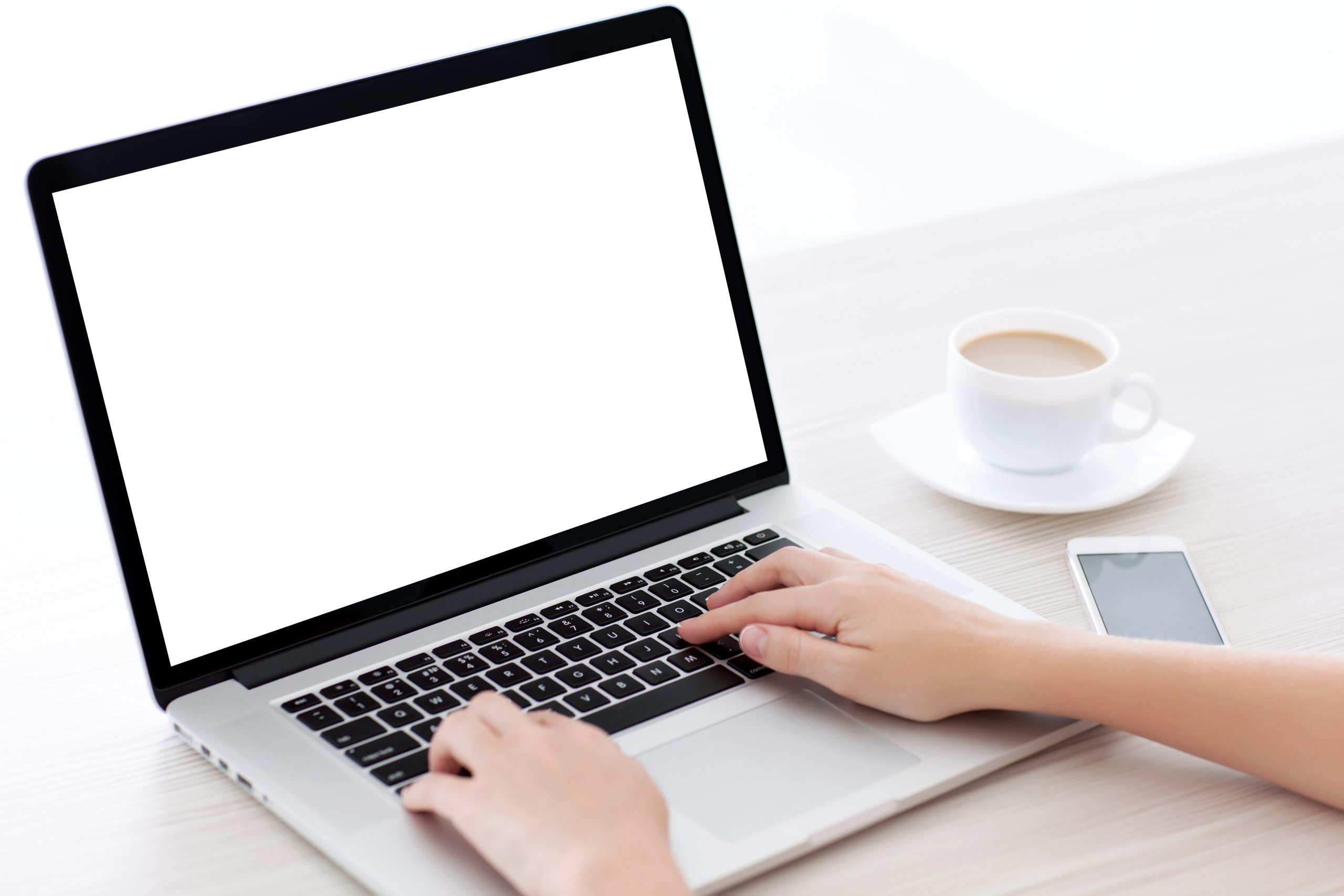
We’re currently living and operating in a new found age of Social Distancing, in a plea to #StayHome to prevent any spread of COVID-19.
Here at Tyne North Training, we aim to continue providing young talent with the apprenticeship opportunities and support that we have from day dot. To do this, we have tailored our interview process to successfully operate remotely via phone call or video call, as an alternative to face-to-face.
Phone interviews are certainly not unheard of, as many businesses turn to them for many reasons. While the typical interview setting may be completely different to what you envisioned, it is important to keep in mind that the same processes go. However employers are fully aware that phone interviews can heighten any nerves and concerns of the candidate. It’s incredibly important for us to note that it is totally normal to feel nervous about your interview, but it is how you deal with the nerves and prepare for your interview that counts. So if you are looking for advice on how to prepare for your remote interview then we have got you covered! We have rounded up some of our top tips for success and we’re ready when you are…
Remote Interviews: How Can I Prepare?
Your Set-Up
Two things are important to bear in mind when you are preparing for your interview remotely.
- That you are sitting somewhere quiet with no distraction.
- That you are in a comfortable setting.
While it is completely normal to feel nervous before, during and sometimes even after an interview, and your interviewer will understand this, it is incredibly important that you feel comfortable, as this will really translate through the way you present yourself. If you live with family or friends, give them a little heads up that you have an important phone call to make and their consideration will be greatly appreciated.
Dealing With Curveballs
During these circumstances, your interviewer will understand that this may be far from your ideal situation and sometimes interruptions are unavoidable.
As the candidate, taking these little hiccups into consideration during the planning of your interview can help you to stand out from the crowd. In a workplace, you may come across situations that you have not planned for however how you deal with this is what counts.
For example, if your doorbell rings and you know that you are the only one available to answer, what should you do? Simply explain the situation to your interviewer and ask to be dismissed for a couple of minutes while you deal with it. Mute your microphone, calmly and quickly return and thank your interviewer for their understanding and patience while waiting for you.
Prior to your interview, you can jot down all of the possible run-ins that you may encounter and draw up a solution for each one.
Your Tools
One of the best ways to prepare for your phone or video call interview is to have your ‘tools’ at arms reach. This can be:
- Your CV
- Your application form
- Your portfolio (if necessary)
- Any references
- Pen and paper to make extra notes
Try to keep anything that could pose a distraction away from arms length, whether this be phones, tablets or consoles.
Your Attire
What you wear can really impact your mood, your motivation and the way you hold yourself. Just because your interview has had to be conducted from home, the same level of professionalism is required. On the morning of your interview it is important to psych yourself up to get into the ‘go-getter’ mindset. Get up, get showered, put on some smart clothes (anything but your pyjamas or tracksuit should do!) and pour yourself a fresh cup of water. This way you are preparing yourself for the interview and not just rolling out of bed when the phone rings.
Small Tips For Success
By this point, you have prepared yourself for the ‘big’ aspects of your remote interview, but have you considered the finer details?
- Communication: Always ensure that your speech is clear. Try to avoid any ‘erm’, ‘like’ and other speech fillers that could hinder your answers. It’s also important to remember to not talk about yourself too much. Answer in due course (if you would like a couple of minutes to gather your answer, just ask!) and let the interviewer respond.
- Quiet Pauses: Be aware that your interviewer may be taking notes, so if you have finished answering a question and there is a short pause; don’t be alarmed!
- Prepare Your Tech: Charge your phone beforehand, ensure you give/receive the correct contact details, be prepared at least ten minutes early.



Tyne North Training is a specialist apprenticeship training provider. – We have a proud history of training apprentices dating back almost 50 years. Thousands of North East employees have taken the first steps in their successful careers with a Tyne North Training apprenticeship. We provide apprenticeships in the Engineering and Business Administration sectors and currently manage around 450 apprentices, working in approximately 150 different employers.

